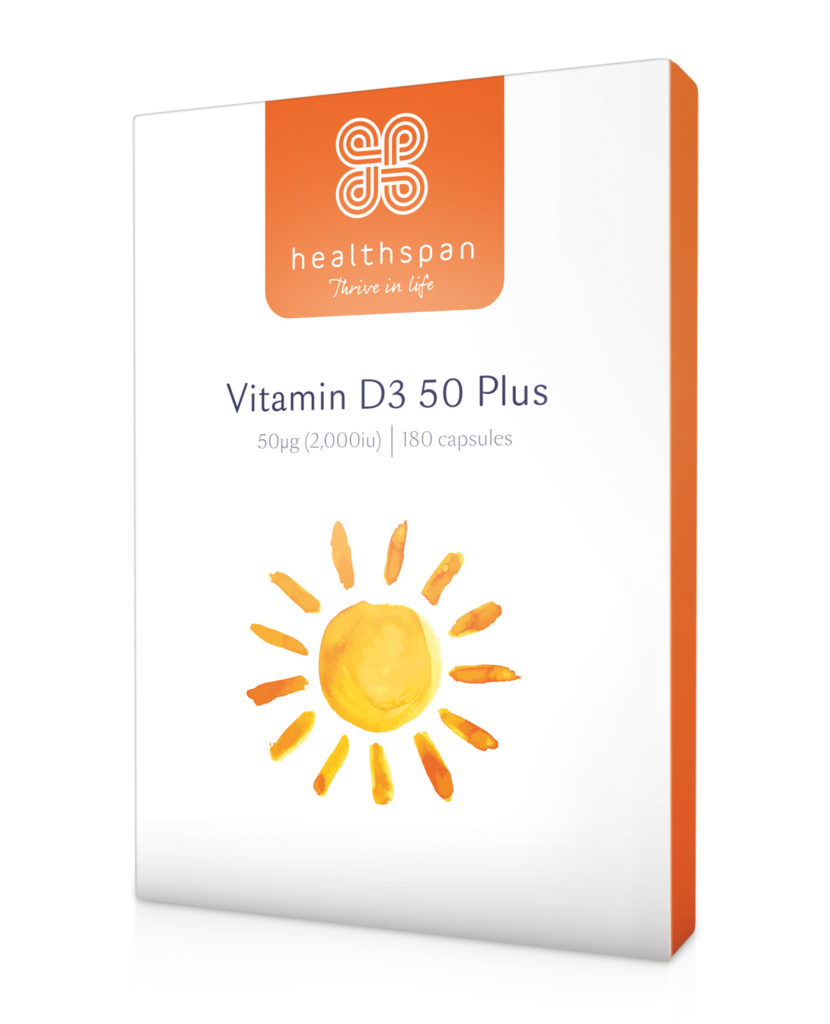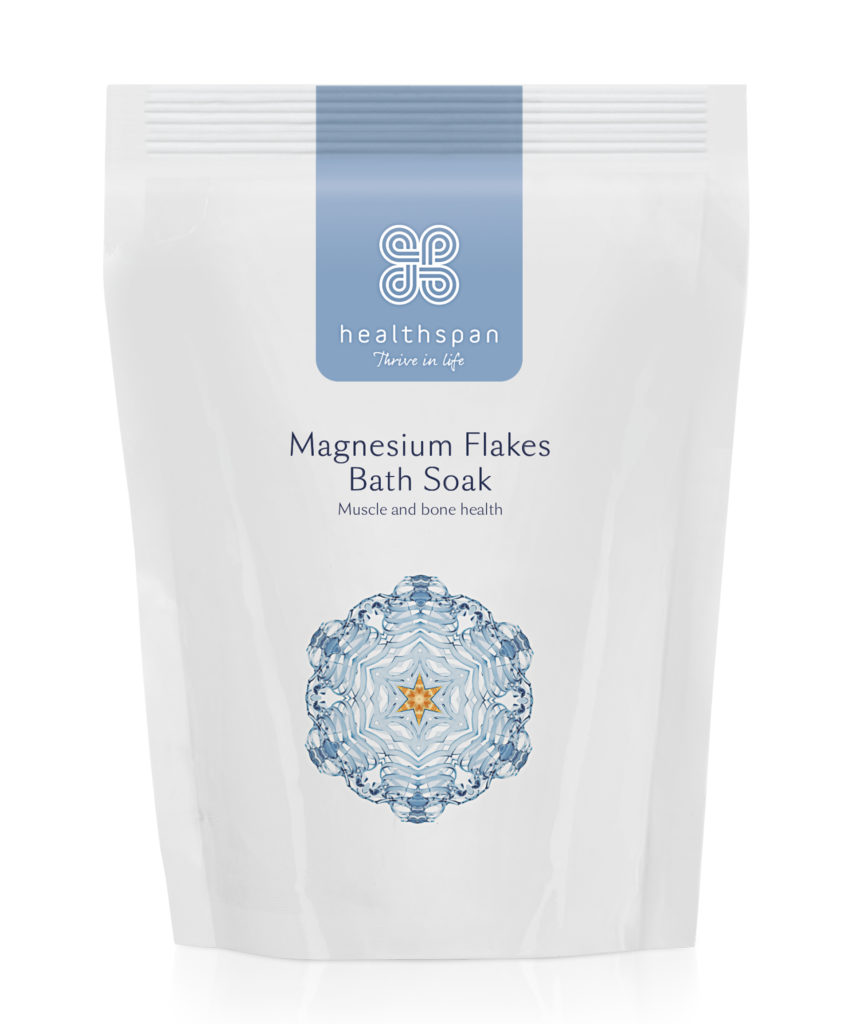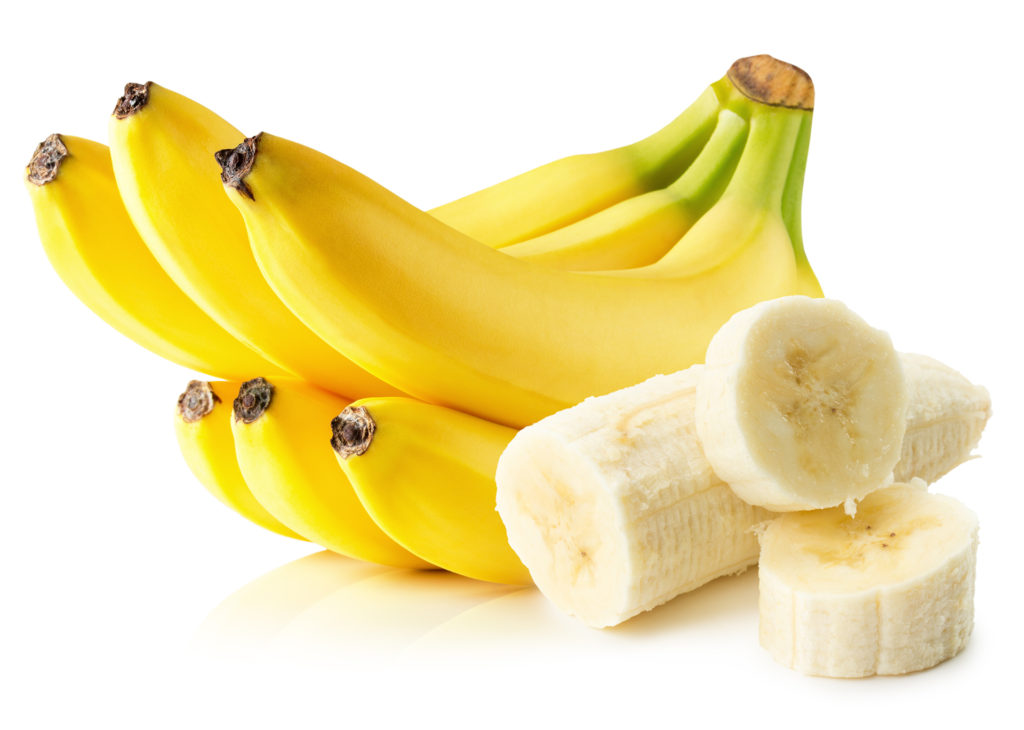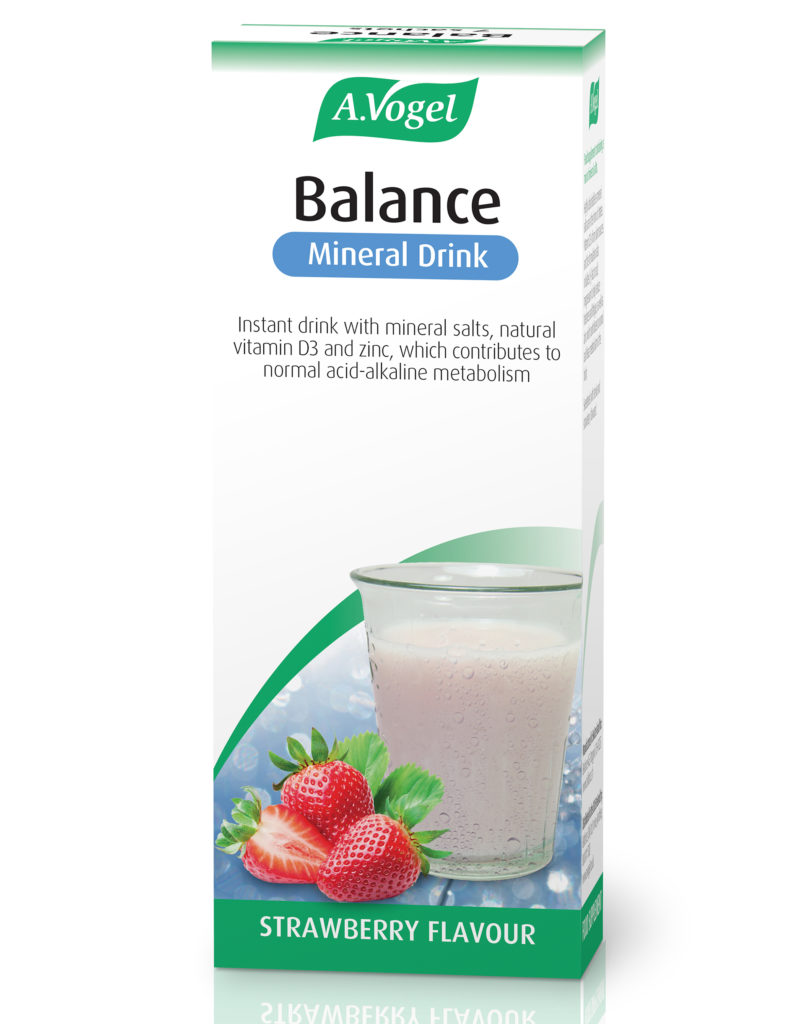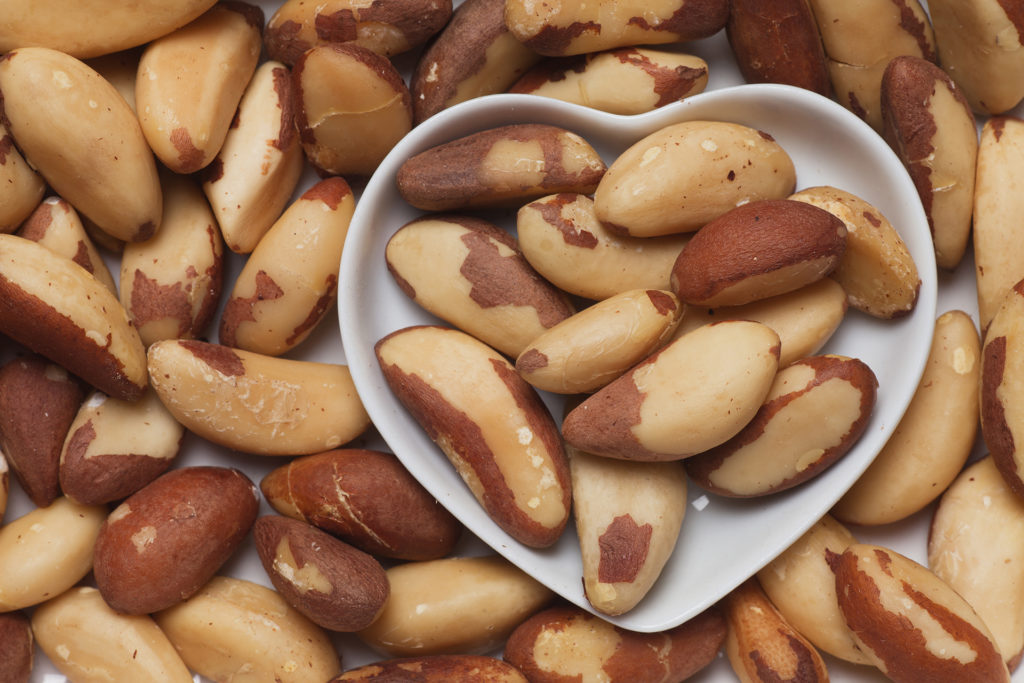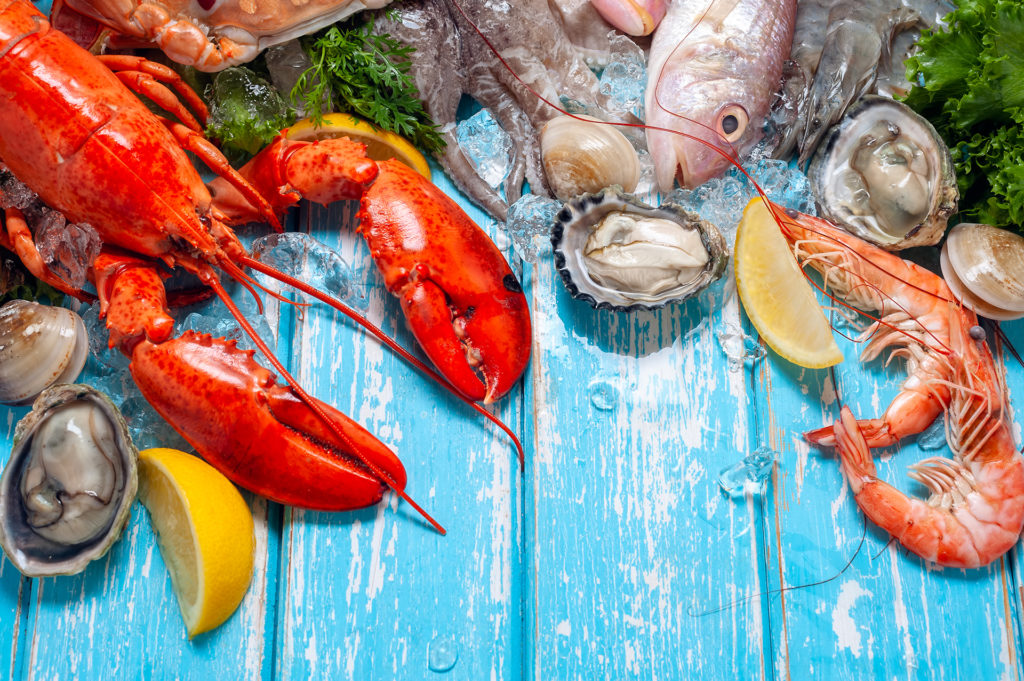7 Essential Minerals To Keep You Healthy From Head To Toe!

Calcium
Good For: Healthy bones and teeth; properly-functioning nerves and muscles; regulating heart beat.
Possible symptoms of deficiency: Weak, fragile bones (osteoporosis); tooth decay; anxiety; irritability.
“The EU recommended intake of calcium is 800 mg a day,” explains Dr Sarah Brewer, medical director of Healthspan. “This is most easily achieved by drinking the equivalent of a pint of milk every day, while broccoli is another good source of calcium.”
However, to absorb calcium, your body needs vitamin D, which is mainly provided by sunlight which is difficult to get October to April. If you suspect your vitamin D levels are low, perhaps because it’s been a long, dark winter, consider taking a vitamin D supplement, such as Healthspan Super Strength Vitamin D3 50 Plus Oral Peppermint Spray 15ml (£6.95).
Iodine
Good For: Healthy thyroid, which helps control how quickly your body burns calories
Possible symptoms of deficiency: Weight gain; excessive tiredness; hair loss; dry, flaky skin; swollen neck (goitre).
Seaweed’s an excellent source of iodine but seafood such as haddock, cod, tuna and shellfish are also rich sources, while dairy products, eggs and prunes all contain iodine.
Iron
Good For: Healthy red blood cells; strong immune system.
Possible symptoms of deficiency: Fatigue; hair loss; cracked lips; weak nails; poor concentration; cold hands and feet; dizziness.
Lack of iron is a common mineral deficiency and can lead to anaemia, a potentially serious health condition. “The most easily absorbable form of iron is found in meats and seafood,” reveals Dr Sarah Brewer. “As we get older our ability to absorb nutrients and minerals can become less efficient and also certain medications like NSAIDs can impact on our ability to absorb iron. If you are concerned about anaemia it is best to get your GP to check your levels rather than take prolonged iron supplements.”
Magnesium
Good For: High energy levels; flexible muscles; strong bones and teeth; healthy heart and blood vessels.
Possible symptoms of deficiency: Headaches; restless legs; fatigue; depression and/or anxiety; insomnia; aching joints; PMS; loss of appetite; constipation.
“Wholegrain and high fibre foods, such as wholemeal bread and bran cereals, nuts (especially Brazil nuts), beans, seeds, fish, avocados, bananas and leafy greens such as spinach are all good sources of magnesium,” says Angela Dowden, author of The Pocket Guide To Vitamins.
Magnesium can also be absorbed through the skin, so to further boost your levels of this vital mineral, enjoy relaxing in a warm bath containing magnesium salts such as Healthspan Magnesium Bath Soak Flakes (1kg pouch £8.95 -www.healthspan.co.uk) and for sheer indulgence and to help sleep add in 3 to 4 drops of the wonderful Neom Organics Perfect Night’s Sleep Bath & Shower Oil (10ml, £8.00 www.neomorganics.com), naturally fragranced with English lavender, sweet basil & jasmine, plus 16 other essential oils. Expertly blended to help you relax and prepare for sleep.
Potassium
Good For: Normal cell function; removing excess sodium; maintaining healthy blood pressure; controlling heart rate.
Possible symptoms of deficiency: Painful joints; nausea; bloating, constipation.
“It’s generally agreed that the most efficient and safest way to obtain potassium is to get it from food,” says Angela Dowden. “All fruits and vegetables – but especially potatoes, bananas, orange juice and avocados – supply potassium, which can also be found in nuts, dairy products, meat and fish.”
Emma Thornton, Nutritionist for A.Vogel, says products like A.Vogel’s Balancer Mineral Drink (7 x 5.5g sachets £6.95- www.avogel.co.uk ) that contains, potassium, magnesium, zinc as well as Vitamin D3 is a very versatile product that helps to boost energy levels, reduce fatigue and replace electrolytes. Perfect for a mid-afternoon energy slump antidote, or as a general energy booster for anyone who regularly feels tired or fatigued.
Selenium
Good For: Fighting bugs and viruses; protecting cells and tissues from damage.
Possible symptoms of deficiency: Painful muscles; heart and circulation problems; thyroid issues; susceptibility to illnesses.
According to a recent report by The Health and Food Information Service (HSIS), many of us don’t have quite enough selenium in our daily diet. To top up levels of this important mineral, Dr Sarah Brewer recommends eating a handful of selenium-rich Brazil nuts a few times a week.
Zinc
Good For: Boosting the immune system; making DNA; effective, speedy healing; good sense of smell and taste.
Possible symptoms of deficiency: Skin problems; stress; poor sense of taste; white spots on nails; wounds healing slowly; vulnerability to infections such as the common cold and cold sores.
“According to the HSIS, 8% of adults’ intakes of this mineral are below the level required to prevent diseases linked to zinc-deficiency,” says Dr Sarah Brewer. “Oysters are one of the richest sources of zinc but it can also be found in meat, shellfish, cheese, wholemeal bread and wholegrain cereals.”
Although minerals are just as important for good health as vitamins, recent research by the Health and Food Information Service (HSIS) found that intake of many essential minerals has declined over the last 20 years. According to the HSIS, teenage girls and women aged 19-64 are most at risk of mineral deficiencies but there are also high percentages of over-65s with low levels of mineral intake, especially magnesium, selenium and potassium.
“The overall drop in mineral intake may have something to do with people eating more processed, convenience food,” says registered nutritionist Rob Hobson. “It’s crucial to consume a varied diet which focuses on eating food in its most natural state and includes foods such as oily fish and wholegrains as these provide essential minerals that help ensure our good health.”
If you’re concerned about your mineral intake, consider taking a good supplement containing key vitamins and minerals, such as Healthspan MultiVitality Daily Essentials Complete (£12.95).


